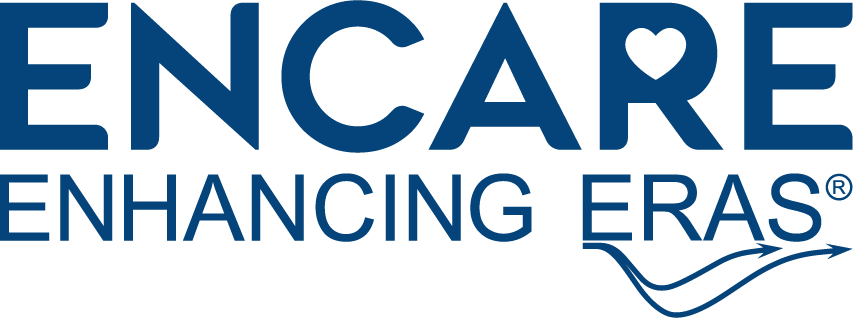

ERAS® is short for Enhanced Recovery After Surgery. The ERAS definition refers to a multimodal perioperative care pathway or protocol designed to achieve early recovery and reduced hospital stay for patients undergoing major surgery.
ERAS® is:
Numerous research reports have shown that employing ERAS® as opposed to traditional care has marked effects on recovery. In many events, recovery time can be shortened by 30% or more, and complication rates after the surgery by at least as much.
The ERAS® guidelines are developed by the ERAS Society, which is an international, professional non-profit organization. It was founded in 2010 with the mission to “develop perioperative care and to improve recovery through research, audit, education, and implementation of evidence-based practice.”
It takes much more than following an ERAS® protocol to successfully implement an ERAS program. Below are three key factors that lead to a successful ERAS® Implementation, all of which are context-specific due to the variation of care processes.
ERAS® is teamwork and everyone in the team works towards the same ultimate goal – to optimize patient recovery and fewer complications after major surgery.
In a successful ERAS® Implementation, a multidisciplinary team is formed and the team meets up regularly to discuss their care process and clinical outcomes. An ERAS® team normally consists of 5-7 people from various units involved in perioperative care, including surgery, anesthesiology, intensive care, postoperative care, sponsor/head of department, and a representative from the quality control department of the institution. It is important to ensure that the team has adequate representation to implement the ERAS protocols®, safely and effectively.
ERAS® is about continuously improving current practices and implementing new practices based on what is scientifically known to be best practice.
Evidence and experience show that “a protocol is not enough to implement an enhanced recovery program” in perioperative surgical care (J Maessen et.al, 2007). A special change-management process is also required, on an organizational level. Such a process helps multi-disciplinary teams to make specific changes that are proven to result in improvement, ensure that changes address the entire perioperative process from the patient’s perspective, and establish the changes as routine and sustain them over time.
Encare offers a comprehensive ERAS® Implementation Program. The program draws on similar frameworks as the Continuous Improvement Model in healthcare. It helps each ERAS® team to identify their specific barriers for change and to address them.
An ERAS® pathway covers many care elements throughout the perioperative journey (pre-admission, preoperative, intraoperative, postoperative, discharge, and follow-up care). According to RECOvER Checklist (K Elias et.al, 2019), these elements of the ERAS concept must then be related to an audit system for pathway compliance.
An auditing system is used to facilitate implementation and monitor compliance to the ERAS® Protocols. With this system, ERAS® teams can understand their adherence to an ERAS® protocol, receive immediate feedback regarding any deviation from best practice, and analyze the clinical patient outcomes in real-time.
Encare offers ERAS® Interactive Audit System (EIAS), a web-based data entry and analysis system for surgical teams to take advantage of the benefits of the ERAS® Protocol. By continuous follow-up, analysis, adjustments, and improvements, the perioperative team and its management will not only ensure improved quality of care for the patient but also improved the motivation of the staff involved in the preoperative care process. EIAS becomes a crucial support in the daily decision-making process and an important quality assurance tool.
There are hospitals and clinics around the world that successfully completed the ERAS® Implementation Program and have become ERAS® Qualified Centers. Further, an ERAS® Qualified Center may be appointed by the ERAS® Society to become an ERAS® Center of Excellence.
View the map to find ERAS® Qualified Centers in your country.
In 2009, Encare was established, in co-operation with the ERAS® Society, to build and become the provider of the most comprehensive, interactive, and web-based information management system for evidence-based – best practice management. Encare provides a software tool, (EIAS), and the training program EIP (ERAS® Implementation Program), that are developed based on the published guidelines for best practice from the ERAS® Society.
Searching online for “ERAS” (meaning Enhanced Recovery After Surgery) in a healthcare context will result in most search engine results pointing towards the definition of “era” as in “a new era begins.” This is because ERAS® is a relatively new term and primarily used by healthcare professionals, surgeons, and surgical patients. It hasn’t yet become widely recognized among the general public.
Find out how to implement ERAS® with Encare:
Stay updated on ERAS® news: